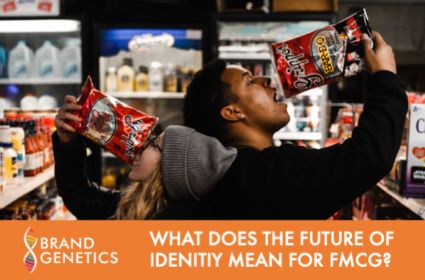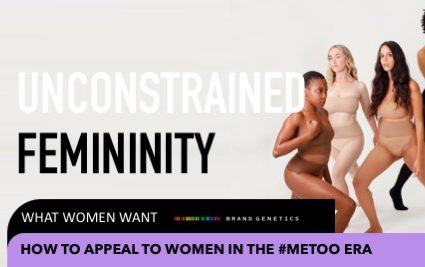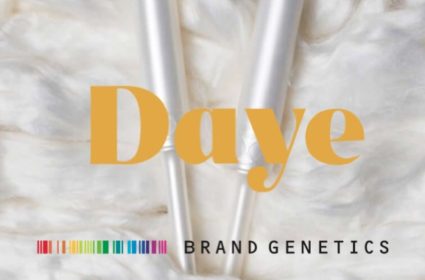How to Appeal to Women: A closer look at Perfectionist Femininity
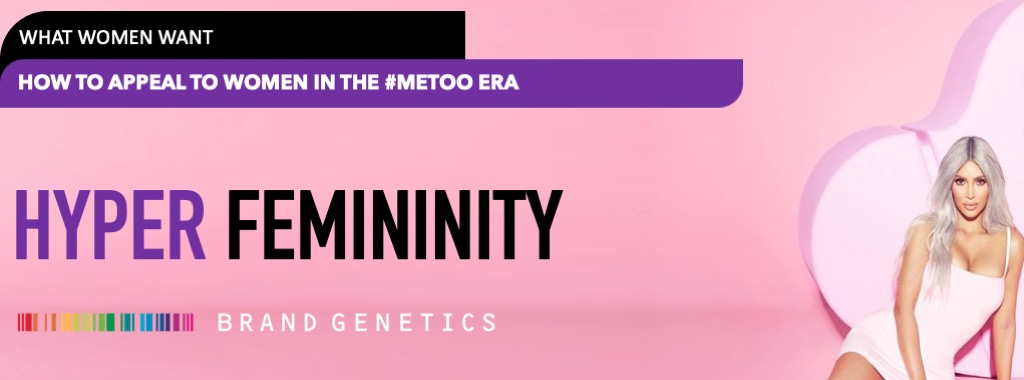
This article is part of our series on The Future of Femininity. You can view the full series or download the report.
Download ReportIn a #MeToo era, women are increasingly challenging the way ‘feminine’ characteristics are portrayed and the fundamental assumptions that underpin them. This has huge implications for society in general and for marketers in particular.
The latest Brand Genetics insight report seeks to address the question: how is aspirational femininity evolving and, by extension, what are the consequences for female-targeted brands and their brand manager custodians?
So far, we have explored the archetypes of Hyper Femininity and Powerful Femininity. This week we explore the third current manifestation, perfectionist femininity, it’s definition, the best in class brands and potential limitations of this typology.
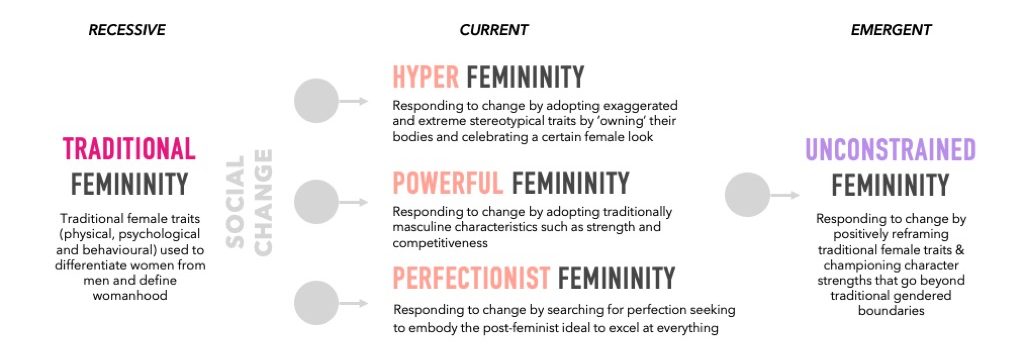
What is perfectionist femininity?
The two archetypes previously explored, Powerful and Hyper are united in their extremism. Sitting at either ends of the masculine-feminine spectrum, we saw Powerful Femininity encourage women to adopt masculine traits and Hyper Femininity to accentuate feminine characteristics.
This week we explore Perfectionist Femininity, which in many ways combines these two typologies, projecting success in all domains – career, domestic life, relationships and leisure – embodying the post-feminist ideal of ‘having it all’.
The ’superwomen’ who aspire to this feel they must succeed not only in the ‘man’s world of business’, but also achieve ‘the good life’ at home – being the perfect partner; a domestic goddess and a great parent – while staying in optimal physical shape and glowing with psychological wellbeing.
The brand examples:
The brainchild of the impossibly successful, wealthy and beautiful actress Gwyneth Paltrow, Goop is a lifestyle and wellness e-commerce business which neatly embodies the “having it all” philosophy at the heart of perfectionist femininity.
It is not just your body that you must work on though, Goop is, of course, a ‘lifestyle’ brand meaning the platform gives career, relationship & sex advice to enable you to achieve the ‘perfect life’, succeeding in all life domains.
For women wanting to succeed in all areas, Goop is the go-to bible.
The risk:
While perfectionist femininity might seem to be a preferable alternative to the other archetypes, the notion of perfection is a troubling one, setting young girls up to fail with unattainable and unrealistic goals and pressure. This is known as the ‘Little Miss Perfect’ narrative and sees a quarter of seven to ten-year-old girls feeling the need to be perfect. The impossibility of achieving such perfectionist status leaves many girls with an unhealthy feeling that they have failed as they grow into women.
The lesson? Brands should, of course, provide women with aspirational visions and goals but encouraging those which are unrealistic are undesirable and frankly, unappealing. Consumers are increasingly seeking authenticity and transparency so celebrating what is real and honest is the new aspiration for women in 2019.
Here at Brand Genetics, we understand what women want. If you want to know what the changing face of femininity means for your brand, we’d love to hear from you.
Plus catch us at the GA London on the 7th of March for our panel discussion on Marketing and Aspirational Femininity. Tickets here.


